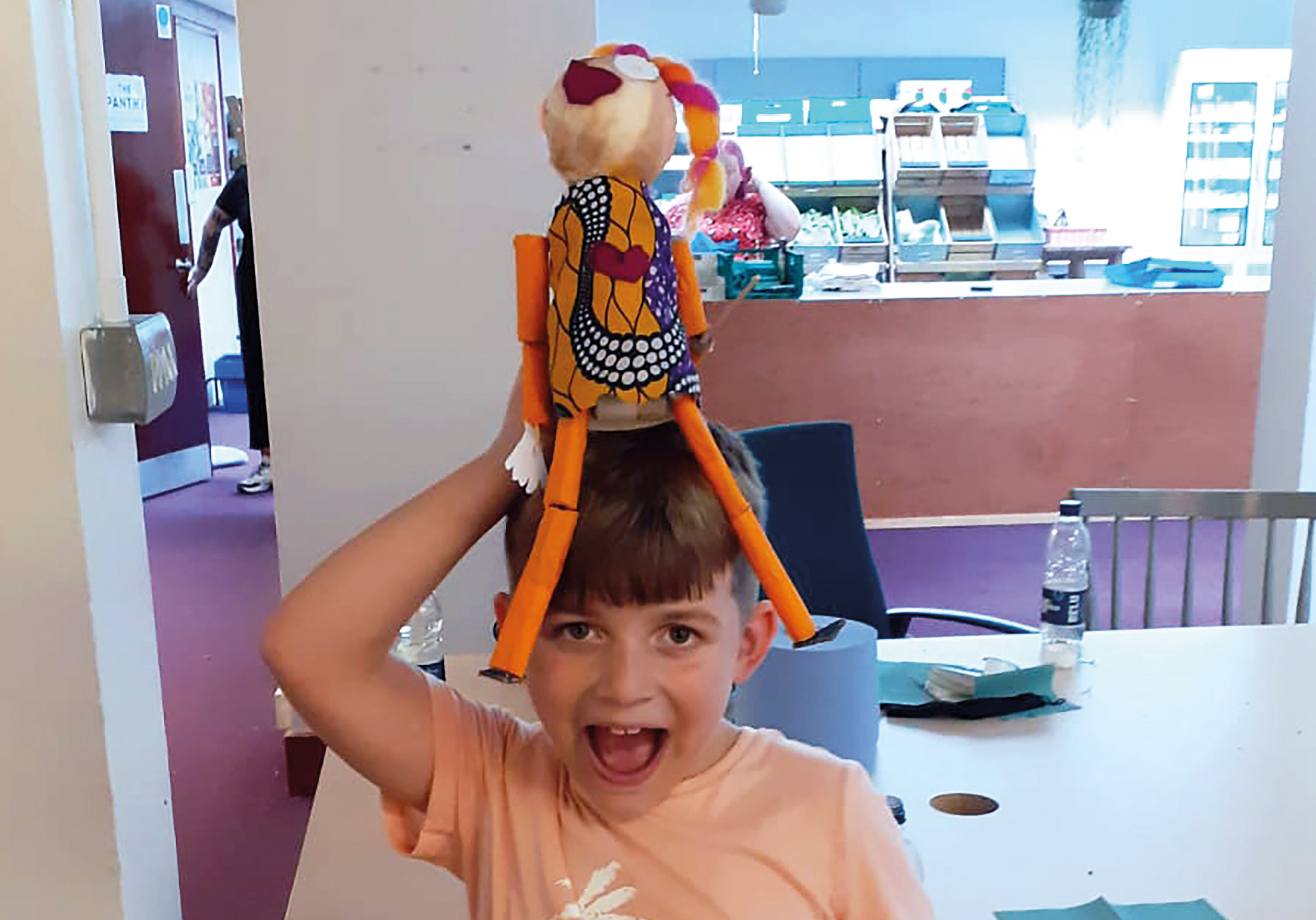
PROJECT
L-Edge
PURPOSE
To create positive outcomes for at-risk children and young people on the edge of being taken into care
FUNDING
£75,000 for 18 months from BBC Children in Need
BACKGROUND
Charity St Giles Trust launched the London Edge of Care (L-Edge) project in November 2020 to support families with children at risk of entering care.
Issues affecting those involved in the project include disability, mental health problems, substance misuse, domestic violence, relationship breakdown, poverty, poor housing and poor engagement with education.

ACTION
St Giles Trust uses people with experience of different situations to support others struggling with similar problems. The L-Edge project employs one caseworker with experience of the care system. She has been supported by two young people employed through the government’s Kickstarter scheme and one volunteer.
Register Now to Continue Reading
Thank you for visiting Children & Young People Now and making use of our archive of more than 60,000 expert features, topics hubs, case studies and policy updates. Why not register today and enjoy the following great benefits:
What's Included
-
Free access to 4 subscriber-only articles per month
-
Email newsletter providing advice and guidance across the sector
Already have an account? Sign in here

